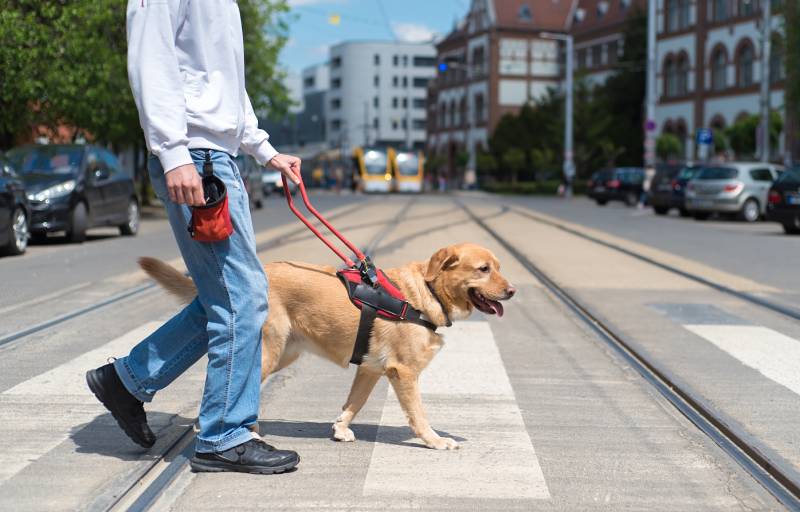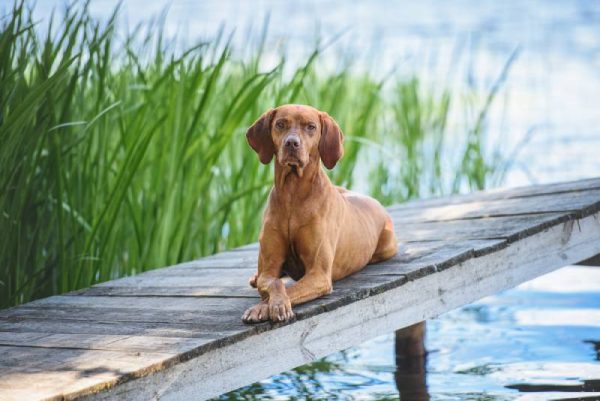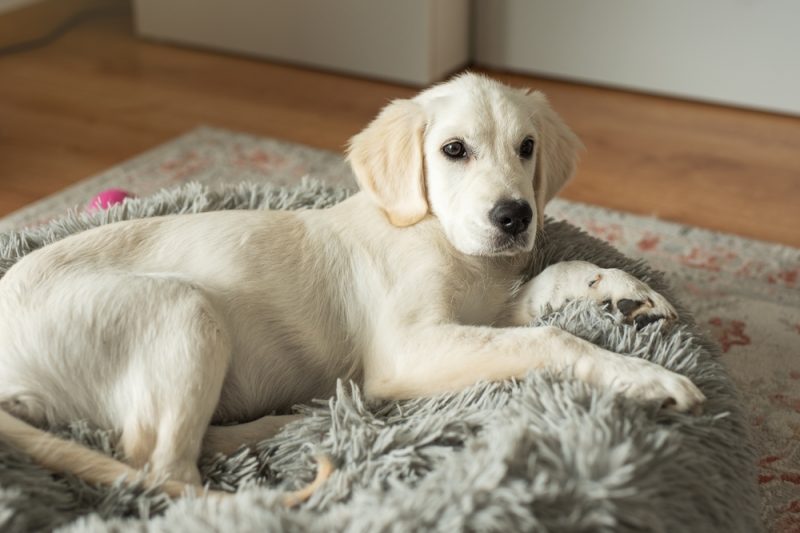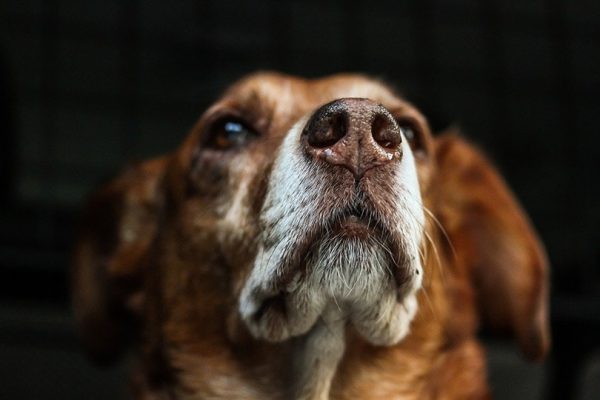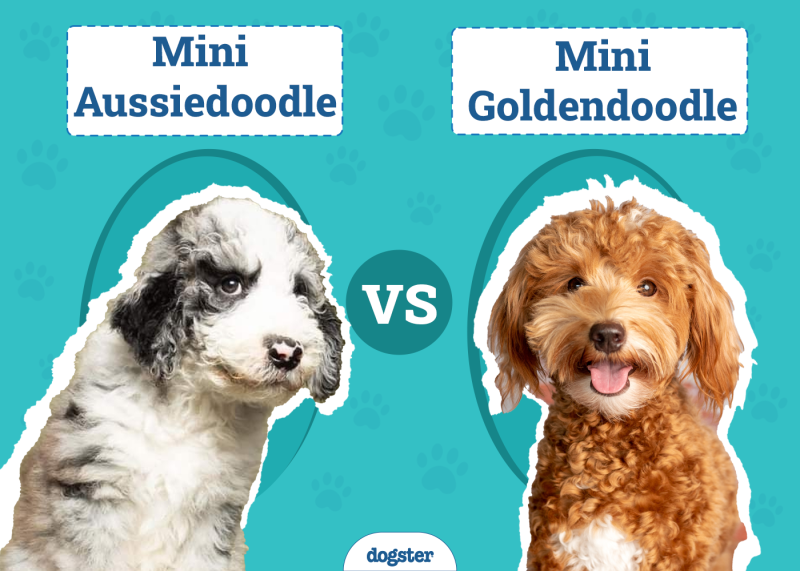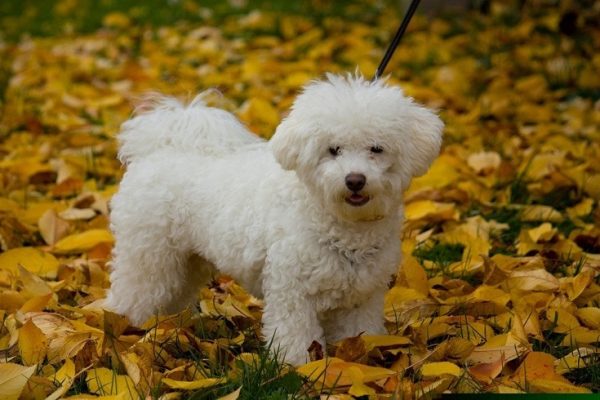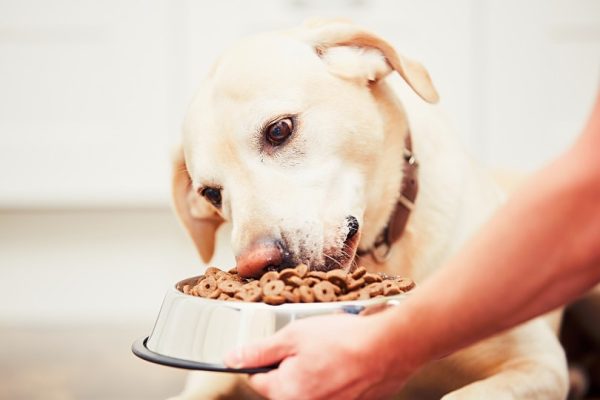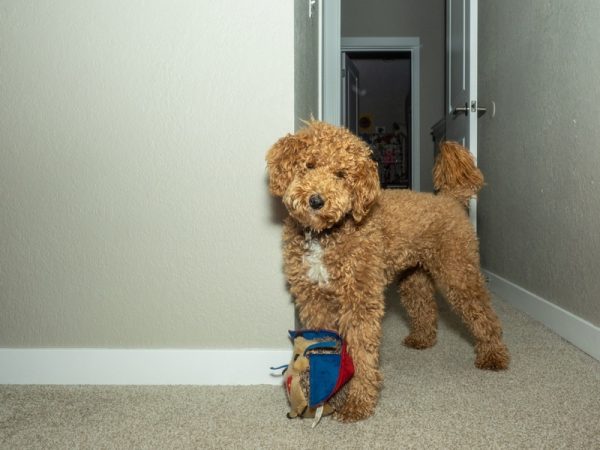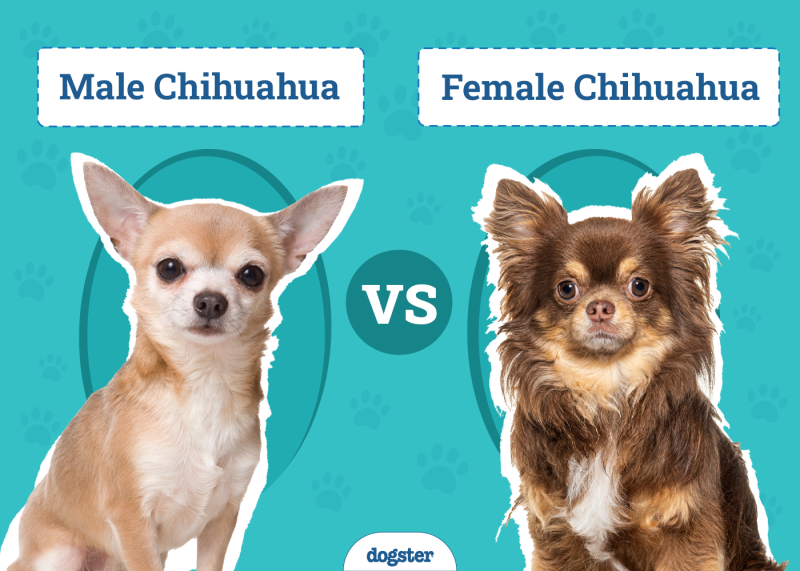In this article
View 3 More +Working as a guide dog is demanding. A guide dog’s career only lasts as long as they are in peak physical and mental condition, so they often retire a little before they may experience a physical or mental decline—often around age 10 or 12.
But what happens to guide dogs when they retire? There are a few options for guide dog retirement, depending on the guide dog school or program, they can be relocated, adopted, among other options. Read on to learn more.

Where Do Guide Dogs Retire?
When a guide dog is nearing retirement, the owner may choose to keep them as a pet and get a new dog.
If that’s not possible, they may seek out adopters within their friends or family, provided the guide dog school allows retired dogs to be placed privately. This can be ideal because the owner can still see the dog regularly and knows they’re in a wonderful home.
Otherwise, they may return the guide dog to the guide dog school for rehoming. Guide dog schools are committed to finding the best homes for retired guide dogs. They may rely on the people who originally raised them as puppies. Another option is to place the dog in a new home of a preapproved adopter. Because these dogs are intelligent and well-trained, there’s often a long waitlist to adopt a retired guide dog.
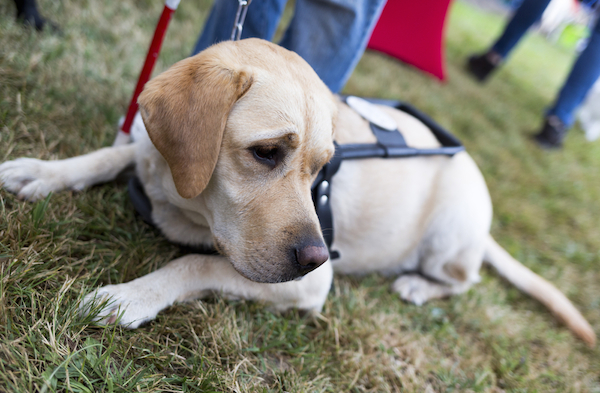
Does the Visually Impaired Person Get a New Dog?
Yes, typically, a visually impaired person who needs a guide dog will need a younger dog when their guide dog retires. However, they can keep the retired dog as a pet. However, this isn’t an option for every owner due to the costs of keeping two dogs.
Do Guide Dogs Ever Retire Early?
Guide work can be tough on a dog. Whether an older dog slows down before their retirement period or struggles with a physical condition that limits their ability to perform, they can retire before the typical retirement age.
Joint issues and vision impairment are usual causes of early retirement, but sometimes the owner’s needs change. For example, the owner may need to relocate or may need more intensive care so they no longer need a guide dog. If that’s the case, the guide dog is retired or may be placed with another visually impaired owner.
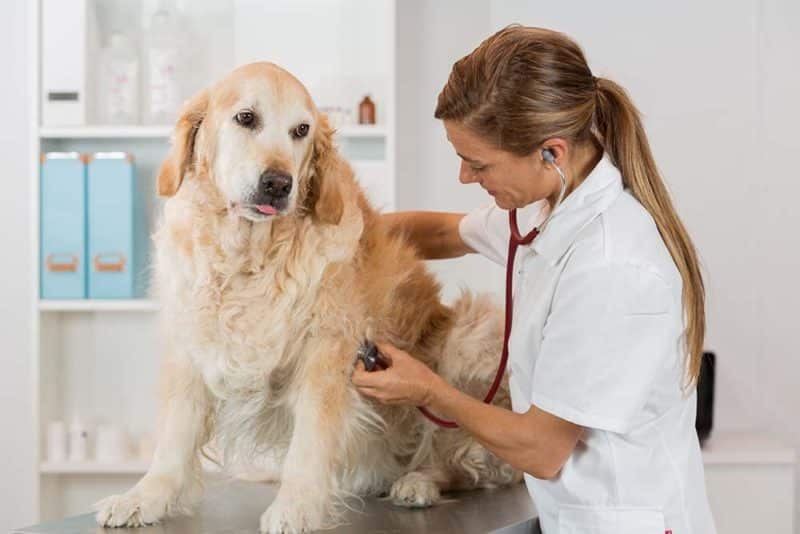
How to Tell if a Guide Dog Is Nearing Retirement
Owners of guide dogs have a strong bond with their companions. They know how hard they work and, like any dog owner, tend to notice when everyday tasks seem challenging for them. On average, guide dogs have a working career of 8 years, but the time can vary.
If a guide dog is struggling with the work, they may show signs of hesitation when putting on the harness, start to make more mistakes, or may slow down in general. These changes are often subtle and may arise from joint problems, chronic health conditions, or just slowing down with old age.
If you need to speak with a vet but can't get to one, head over to PangoVet. It's our online service where you can talk to a vet online and get the advice you need for your dog — all at an affordable price!


Final Thoughts
Guide dogs perform a vital public service. Both owners and trainers understand the value of these dogs and ensure that they’re placed in loving homes once that work is complete, whether they end up with their original raisers, an approved adopter, or as pets for the same owner.
Featured Image Credit: SasaStock, Shutterstock
